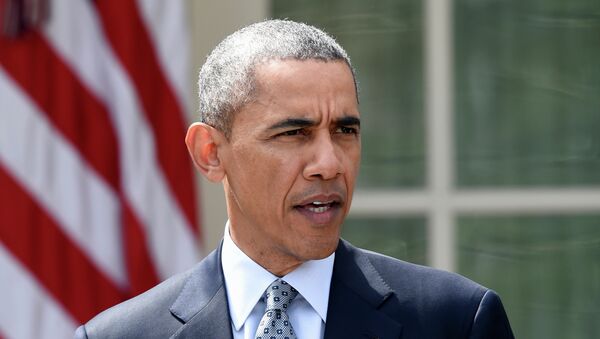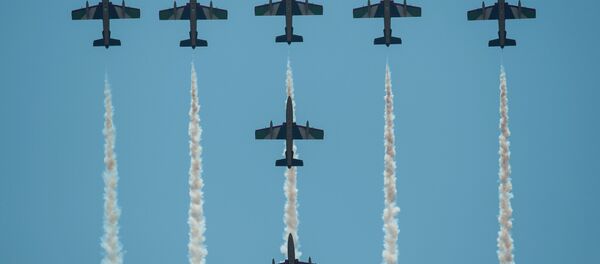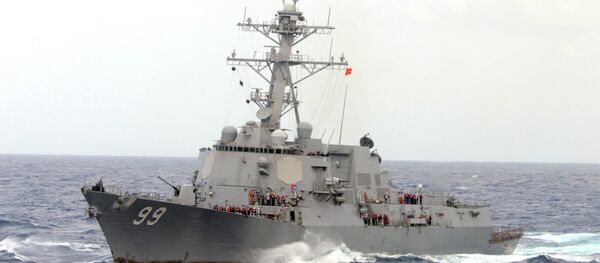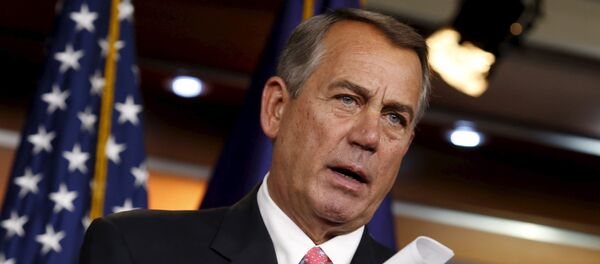The offer could include enhanced security commitments, new arms sales and more joint military exercises, US officials told Reuters, as Obama tries to reassure Gulf Arab countries that Washington is not forsaking them in its work toward a deal with Iran.
Aides and Arab diplomats are currently discussing options ahead of next week's summit, in which Obama will host the six-nation Gulf Cooperation Council at the White House and then at Camp David.
Obama will have to push hard to sell skeptical Sunni-led allies on his top foreign policy priority, which is a final nuclear deal with Shia Iran due by a June 30 deadline.
While failing to assuage their fears could further strain ties, taking on additional defense obligations in the area would carry the risk of drawing the United States into new Middle East conflicts.
Obama issued the invitation to the GCC last month after Iran and six world powers reached a framework agreement that would give Tehran sanctions relief for reining in its nuclear program.
Gulf Arab neighbors worry that, despite a deal, Iran will still seek a nuclear bomb, and will be cash strong from eased sanctions to fund proxies and expand its influence in countries such as Syria, Yemen and Lebanon.
US officials with knowledge of the internal discussions concede that Obama is under pressure to calm Arab fears by offering strengthened commitments.
"It's a time to see what things might be required to be formalized," a senior US official told Reuters.
Likewise, Gulf States have made clear they want this translated into concrete steps.
"This summit can't just be a big photo-op to pretend everybody's on the same page on Iran," one Arab diplomat said.
What is almost certainly off the table is a full security treaty with Saudi Arabia or other Gulf nations. Such an agreement would have to be approved by the Republican-controlled Senate, and also would risk stoking tensions with Israel, Washington's main ally in the Middle East.
A second US official told Reuters the summit would be a "two-way street," with Washington pushing Gulf leaders to put aside internal rifts and find ways to collaborate better in their own defense.
Obama is likely to press Gulf allies to do more to integrate their disparate militaries and work toward a long-delayed anti-missile shield against an Iranian ballistic missile threat, Reuters reported, citing sources familiar with the discussions. This could take the form of a new high-level joint working group led by the Pentagon, one of the sources said.
Gulf States have already bought US missile defense systems from contractors like Raytheon and Lockheed Martin. The White House is now expected to press countries into implementing those systems into a defense initiative touted in late 2013 by then-Defense Secretary Chuck Hagel.
The program allows the GCC to purchase equipment as a bloc and start coordinating radars, sensors and early warning networks with US assistance. The initiative has been held back by distrust among some of the Gulf monarchies.
However, with security unstable throughout the region, experts say now is the best time for cooperation among Gulf States.
"Missile defense is absolutely critical to the GCC right now," Riki Ellison, founder of the nonprofit Missile Defense Advocacy Alliance, told Reuters. "They're not as efficient playing separately as they would be all playing as one team."







